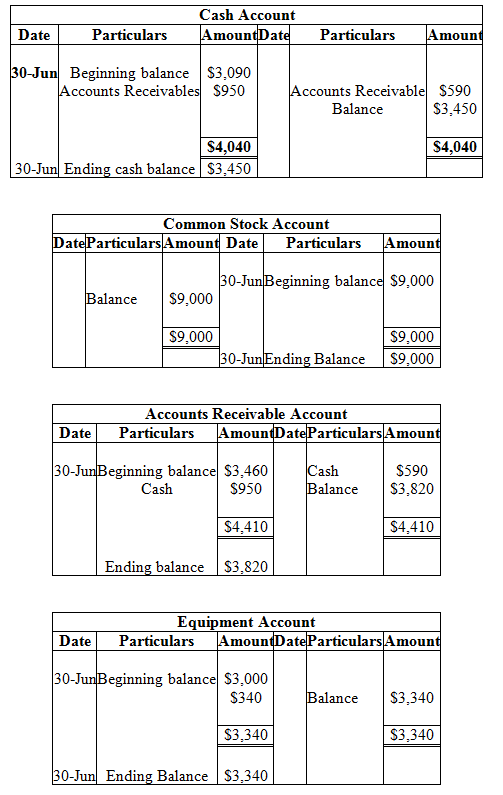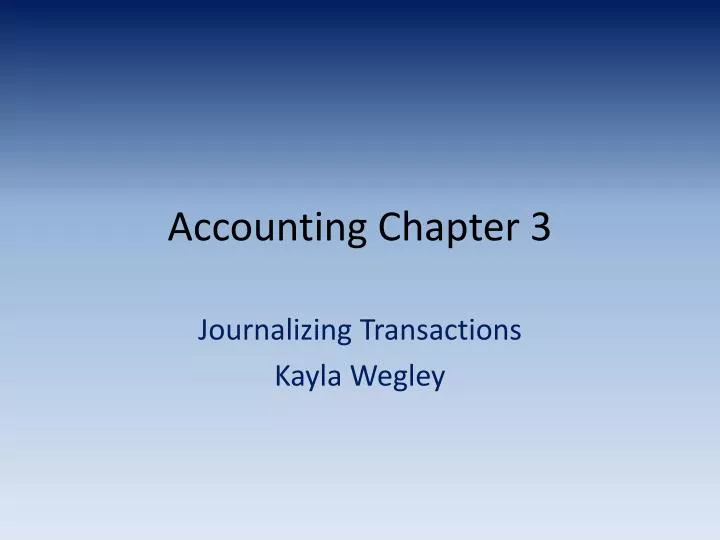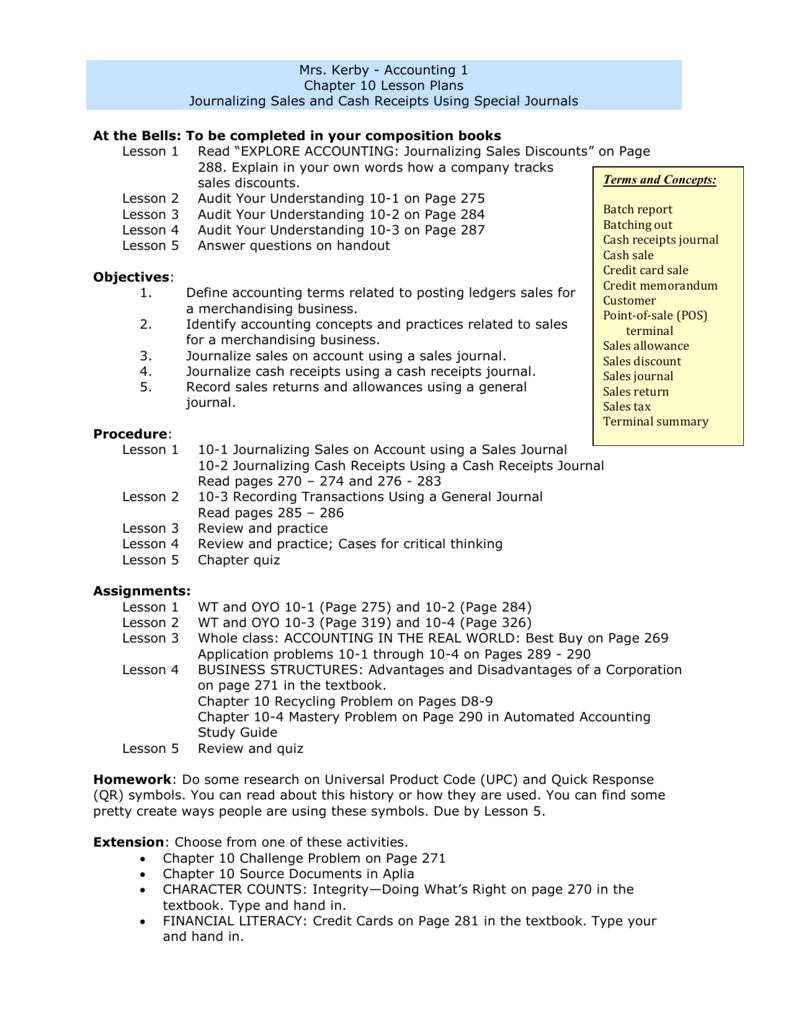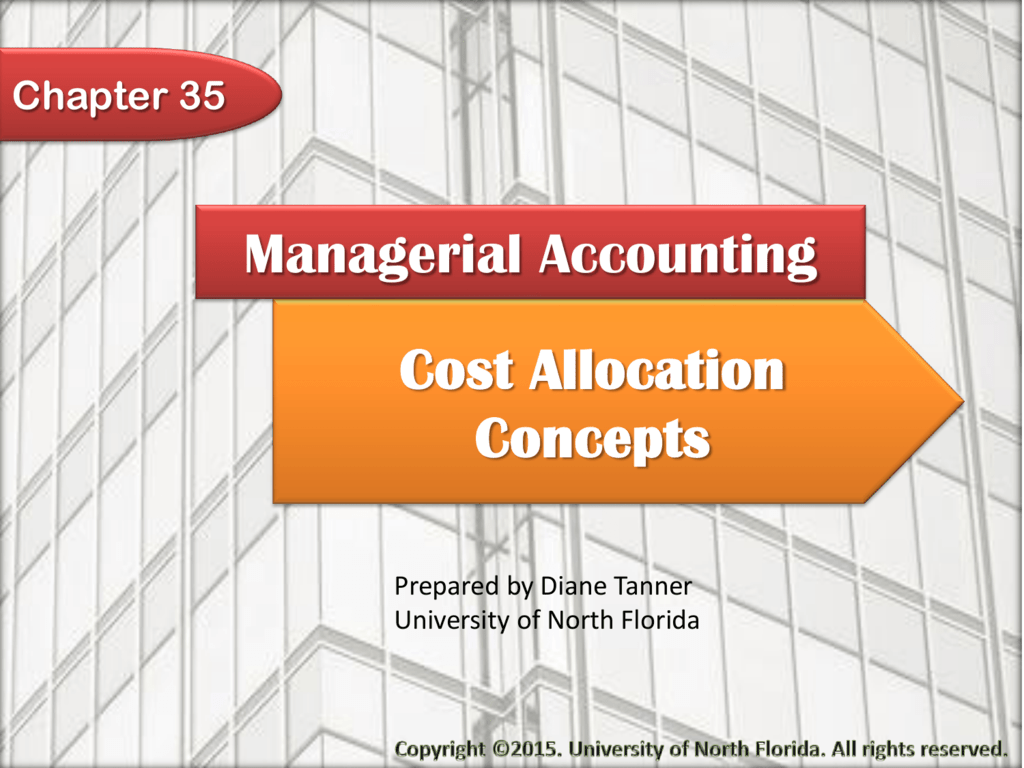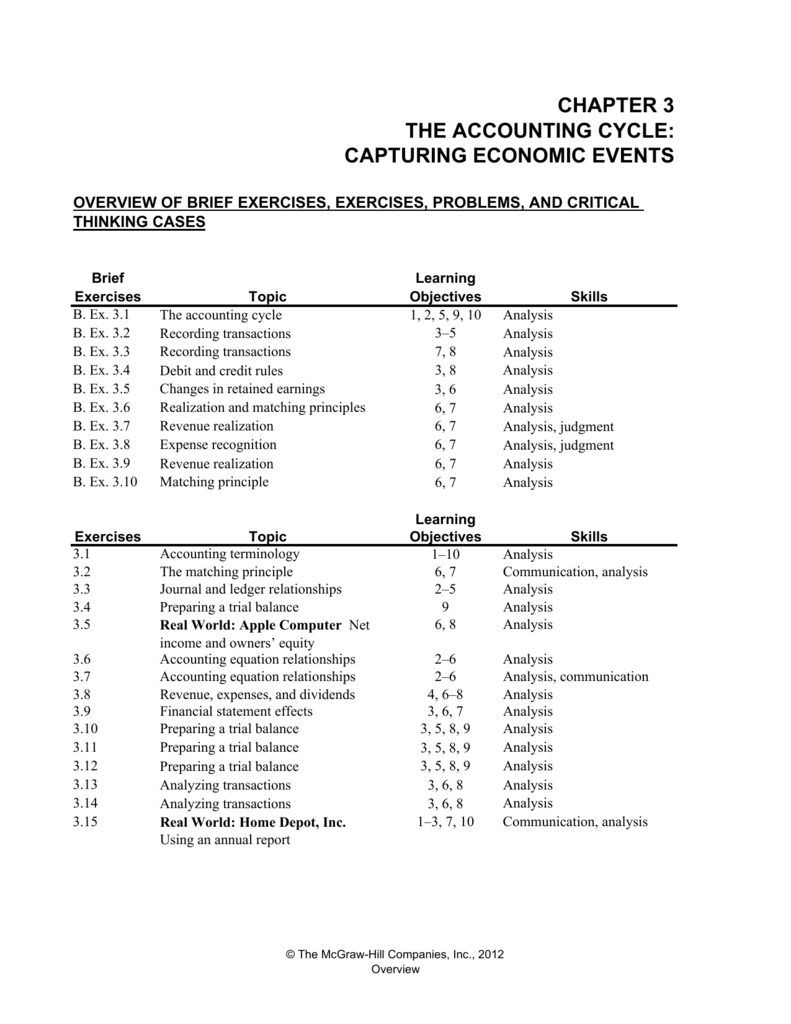Accounting Chapter 3
Accounting Chapter 3 - The recording of debit and credit parts of a transaction. Quickly memorize the terms, phrases and much more. Cram.com makes it easy to get the grade you want! 3.2 define and describe the expanded accounting equation and its relationship to analyzing transactions;. A business form ordering a bank to pay cash from a bank account. Income measurement terms and concepts: Welcome to the world of accounting ; Web test your understanding of accounting for plant assets, natural resources, and intangibles by answering the following questions. 19, 2010 • 0 likes • 11,109 views. Web 3.1 describe principles, assumptions, and concepts of accounting and their relationship to financial statements;
Accounting income is largely driven by the measurement of transactions and events, and assigning them to the correct. Web 3.1 describe principles, assumptions, and concepts of accounting and their relationship to financial statements; Quickly memorize the terms, phrases and much more. Web study flashcards on accounting, cengage, chapter 3 at cram.com. Evaluation of adjustment errors and corrections: Web accounting chapter 3. Cram.com makes it easy to get the grade you want! 3.2 define and describe the expanded accounting equation and its relationship to analyzing transactions;. Comprehensive fact set and adjustments: Web finance accounting chapter 3 quiz if an individual asset is increased, then a.
The recording of debit and credit parts of a transaction. Click the card to flip 👆. Web accounting chapter 3. Comprehensive fact set and adjustments: Accounting income is largely driven by the measurement of transactions and events, and assigning them to the correct. (check all that apply.) click the card to flip 👆 one. A change in accounting policy is only allowed as a result of changes in a primary source of gaap or may be applied voluntarily by management to enhance the relevance. There could be an equal decrease in a specific liability. A business form ordering a bank to pay cash from a bank account. Select the best choice from among the possible answers given.
Fundamentals of Financial Accounting Chapter 3 Get 24/7 Homework Help
Recording transactions in a journal. 3.2 define and describe the expanded accounting equation and its relationship to analyzing transactions;. The recording of debit and credit parts of a transaction. Cram.com makes it easy to get the grade you want! Welcome to the world of accounting ;
Cost Accounting 1 Chapter 3 PDF Cost Of Goods Sold Inventory
Click the card to flip 👆. 3.2 define and describe the expanded accounting equation and its relationship to analyzing transactions;. 3.2 define and describe the expanded accounting equation and its relationship. The recording of debit and credit parts of a transaction. A change in accounting policy is only allowed as a result of changes in a primary source of gaap.
Solved Chapter 3 Problem 7PA Solution Financial Accounting 5th
19, 2010 • 0 likes • 11,109 views. Web social science economics finance chapter 3 smartbook (mcgraw hill) 5.0 (3 reviews) which of the following could be a logical or realistic accounting period for a business that is creating financial statements?. Select the best choice from among the possible answers given. Quickly memorize the terms, phrases and much more. Web.
Accounting chapter3
Web chapter 3 begins by differentiating between concepts of economic and accounting income. Select the best choice from among the possible answers given. Web a system that identifies, records, summarizes and communicates the various transactions of a company. Comprehensive fact set and adjustments: The recording of debit and credit parts of a transaction.
Connect Financial Accounting Chapter 3 Homework Solutions
A business form ordering a bank to pay cash from a bank account. Web social science economics finance chapter 3 smartbook (mcgraw hill) 5.0 (3 reviews) which of the following could be a logical or realistic accounting period for a business that is creating financial statements?. Special issues for merchants ; A journal amount column headed with an account title..
PPT Accounting Chapter 3 PowerPoint Presentation, free download ID
Web test your understanding of accounting for plant assets, natural resources, and intangibles by answering the following questions. Web cengage accounting chapter 3. 19, 2010 • 0 likes • 11,109 views. There could be an equal decrease in a specific liability. Web social science economics finance chapter 3 smartbook (mcgraw hill) 5.0 (3 reviews) which of the following could be.
Accounting Chapter 10 Study Guide Answers Part 3 Study Poster
Special issues for merchants ; Web study flashcards on accounting, cengage, chapter 3 at cram.com. Web a system that identifies, records, summarizes and communicates the various transactions of a company. Accounting income is largely driven by the measurement of transactions and events, and assigning them to the correct. Welcome to the world of accounting ;
Managerial Accounting Chapter 8
Web social science economics finance chapter 3 smartbook (mcgraw hill) 5.0 (3 reviews) which of the following could be a logical or realistic accounting period for a business that is creating financial statements?. The balance first , is sheet own the in figure 3.1, which owned by a firm, the value of these assets finance these assets at a point.
Century 21 Accounting Chapter 1 Study Guide Answers Study Poster
Quickly memorize the terms, phrases and much more. A change in accounting policy is only allowed as a result of changes in a primary source of gaap or may be applied voluntarily by management to enhance the relevance. The accounting concept that assumes that the economic life of the business can be divided into time periods. (check all that apply.).
chapter 3 the accounting cycle capturing economic
Web cengage accounting chapter 3. Web 3.1 describe principles, assumptions, and concepts of accounting and their relationship to financial statements; Accounting income is largely driven by the measurement of transactions and events, and assigning them to the correct. Any economic event that effects a companies assets, liabilities, or equity at the time of the event. Evaluation of adjustment errors and.
Web Social Science Economics Finance Chapter 3 Smartbook (Mcgraw Hill) 5.0 (3 Reviews) Which Of The Following Could Be A Logical Or Realistic Accounting Period For A Business That Is Creating Financial Statements?.
The recording of debit and credit parts of a transaction. The balance first , is sheet own the in figure 3.1, which owned by a firm, the value of these assets finance these assets at a point in time. Welcome to the world of accounting ; Web a form for recording transactions in chronological order.
Special Issues For Merchants ;
Web chapter 3 begins by differentiating between concepts of economic and accounting income. Any economic event that effects a companies assets, liabilities, or equity at the time of the event. (check all that apply.) click the card to flip 👆 one. A business form ordering a bank to pay cash from a bank account.
Comprehensive Fact Set And Adjustments:
Web cengage accounting chapter 3. Cram.com makes it easy to get the grade you want! 3.2 define and describe the expanded accounting equation and its relationship to analyzing transactions;. Click the card to flip 👆.
Income Measurement Terms And Concepts:
There could be an equal decrease in a specific liability. Web finance accounting chapter 3 quiz if an individual asset is increased, then a. The accounting concept that assumes that the economic life of the business can be divided into time periods. Web 3.1 describe principles, assumptions, and concepts of accounting and their relationship to financial statements;


